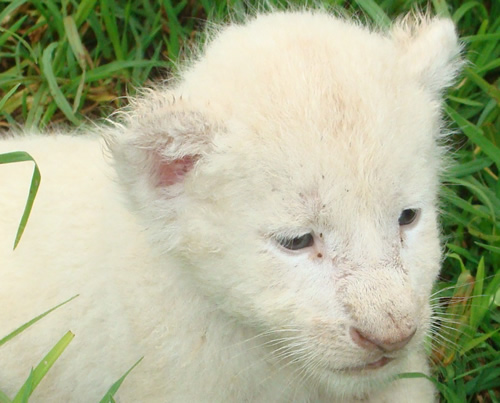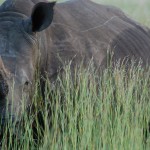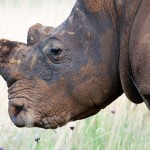
Captive lion breeding operations in Africa — which charge tourists a fee for “walking with lions” or “cub petting” experiences — actually have no conservation value, although most claim to be linked to lion conservation efforts.
A recent report has revealed that these “commercial lion encounter programs” in Africa are misleading the public regarding their role in species restoration by promoting the notion of releasing captive-bred lions into the wild. The report was authored by a panel of lion conservationists and wild cat biologists from Panthera, the IUCN Cat Specialist Group and a team of university-based lion researchers.
The stated objective of these programmes is to release the offspring of hand-raised lions, which will be permitted to grow up without human interference, although, as of this writing, this has not taken place.
At these facilities, lion cubs are removed from their mothers and hand-raised to provide “a source of tame lions with which tourists and volunteers can interact.” The proprietors charge fees for “playing with cubs” — around US $12 for ten minutes to US $3575 for 28 days of volunteering.
Such programs are actually a distraction from viable species restoration efforts, as captive-bred lions are unsuitable candidates for release.
For example, the “impoverished settings of the captive environment” have led to “maladaptive behaviors” which are “unknown among cohesive social groups of wild founders.”
Aberrant behaviours documented among captive prides intended for release have included males inexplicably killing adult females, necessitating removal of the males, and high cub mortality as a result of ‘failing to thrive’ and being kidnapped and killed by a pride female.
Founder origin is cited as the “most significant problem” with captive-bred lions, since they are “selected for their tolerance of close contact with humans rather than by any natural selective process.” In contrast, founders should “be closely related genetically to the original” lions of a particular population.
In southern Africa, a long history of private ownership of lions from various sources has created a mongrel captive population that is not managed under accredited breeding programmes, which maintain lineages according to geographic and genetic provenance. Based on their uncertain or hybrid origins alone, these lions should never be considered for release in or near established wild populations.
Since these “mongrel” tame lions cannot be released into the wild, they are instead sold to canned hunting businesses, where trophy hunters pay a hefty fee for the thrill of killing a lion.
But the troubling business deals that begin with cuddling a lion cub don’t necessarily end with a trophy hunt. The captive lion industry is also enjoying the benefits of a dwindling tiger population by selling lion bones to wildlife traffickers.
Source: Walking with lions: why there is no role for captive-origin lions in species restoration (2012), Panthera.
Image by Gary Whyte via Wikimedia Commons





Good to see that word is getting out about these dreadful lion breeding facilities. Those places are an absolute disgrace to lion conservation. Most people are shamefully ignorant about the issue, based on some of the facebook comments made on this post.
Thank you for writing about this. Some of us are disgusted by the lies of these lion breeders.
Cheers!